The Mallah (Mir Bahar) which means Lord of the Seas. Mohana or Mohano, sometimes pronounced, Mallah tribe is a community of boatmen who live in the Pakistan province Sindh, Baluchistan & Indian state of Bihar. The Mallah Mir Bahar tribe is considered to be one of the most ancient communities in Pakistan & India, and they have a rich history that spans thousands of years.
Historically, the Mallah Mir Bahar tribe has been known for their skill as boatmen and fishermen. They were often employed by the ruling classes to provide transport and fishing services. During British colonial rule in Pakistan & India, the Mallah Mir Bahar community faced many hardships and discrimination, as they were considered to be a lower caste. However, they also played a significant role in Pakistan & India's struggle for independence.
Today, the Mallah Mir Bahar tribe continues to be known for their expertise in fishing and boating. Many members of the community have also become successful in other professions, such as politics and entertainment. Despite facing ongoing social and economic challenges, the Mallah Mir Bahar tribe remains a vibrant and proud community with a rich cultural heritage.
The Mallah tribe is a community of boatmen who are found in various parts of Pakistan, including Sindh. The Mallahs of Sindh are also known as the Nizar or Nizamani community.
Historically, the Mallahs were known for their expertise in fishing and boating, and they played a significant role in the agricultural and trade-based economy of the Indus Valley. They were often employed by the ruling classes and landowners to provide transportation and fishing services.
During the British colonial period, the Mallah faced discrimination and exploitation, and many were forced to work as bonded laborers on the large estates owned by wealthy landlords. However, they also played an important role in the independence movement of Pakistan and were active in various political and social movements.
Today, the Mallah of Sindh continue to be known for their expertise in fishing and boating, and many still work in these professions. However, they also face ongoing economic and social challenges, including poverty, lack of access to education and healthcare, and discrimination based on their caste and economic status. Despite these challenges, the Mallah community remains a vibrant and proud part of the cultural fabric of Sindh.
Noori Jam Tamachi is a famous tale of Prince Jam Tamachi's falling in love with the charming fisherwoman Noori. she belong Mallah (Gandri) Tribe. Noori makes Jam happy with her perfect surrender and obedience which causes him to raise her above all the other queens.
Jam Tamachi was a Samma prince, a ruler of Sindh, Thatta, Pakistan. There are three lakes lying between Jherruk and Thatta, called the Keenjhar, the Chholmari and Sonahri. On the banks of Keenjhar, broken walls are still visible that mark the site of an old fishing village. A girl of this class, Noori, attracts the attention of Jam Tamachi, who madly fell in love with her and raised her above the ladies of royal blood. She was also called Gandri, her clean name.
Mallah tribes historically associated with fishing. They are found throughout the Indus but are specifically along the shores of Lake Manchar. In Balochistan, Mallah, commonly known as Meds, is in Makran. According to some traditions, the Mallah are descendants of the Scythians who lived on the banks of the Indus river, a thousand years ago. There are many Indus tribes mentioned in the different books.
Mallah people are not only fishermen but also seamen and navigators. Many people work on fishing boats in Karachi. They have many subdivisions, the most important of which are Karachi and Lyari. Despite a preference for inbreeding, each subsection intermarries. They also have close ties to the voyager community off the coast of Sindh, and the two groups often intermarry.
Some of the Mallah Tribes in Punjab
Additionally, the Mallah tribe is also seen in Punjab. Especially in the Muzaffargarh, Rahim Yar Khan, and Rajpur districts along the Indus River. Compared to the Sindhi Mallah, many Punjabi Mallahs are sedentary farmers. They have a few clans in the Mallah tribe, named as follows:
Ichchhe
Manchari
Gandra
Machi
Balhara
Nihaya
Khaura
Hir
Hussre
Kat-Bal
All these clans intermarried and consider equivalent . Most of the people in Ichchhe are now farmers, and their villages are along the Indus River. Balhara or Bilhara is now fully cultivated and developed. However, they own several villages in Chenab and Indus.
Mallah is a natural breed and rarely marries outside of their tribe. However, their customs are similar to the tribes of similar status found on the banks of the Indus, such as Jhabel and Mallaah, They speak Sariki to each other and Urdu to strangers.
What should the government to do improve the way of life
Simple people live simple lives. A little simplicity is no mean feat. Governments need to provide educational facilities for their children. Floating schools should be available on the river. Plus, more employment opportunities should be provided to inhabitants. But they need real support from the elites. It also highlights the growing problem of pollution in our country and its impact on our resources. Moreover, all food and shelter management agencies must do a little bit for these people so that they too can enjoy basic human rights in what we call democracies. Otherwise, all Pakistanis, senior or mid-level, will be held accountable on resettlement day.
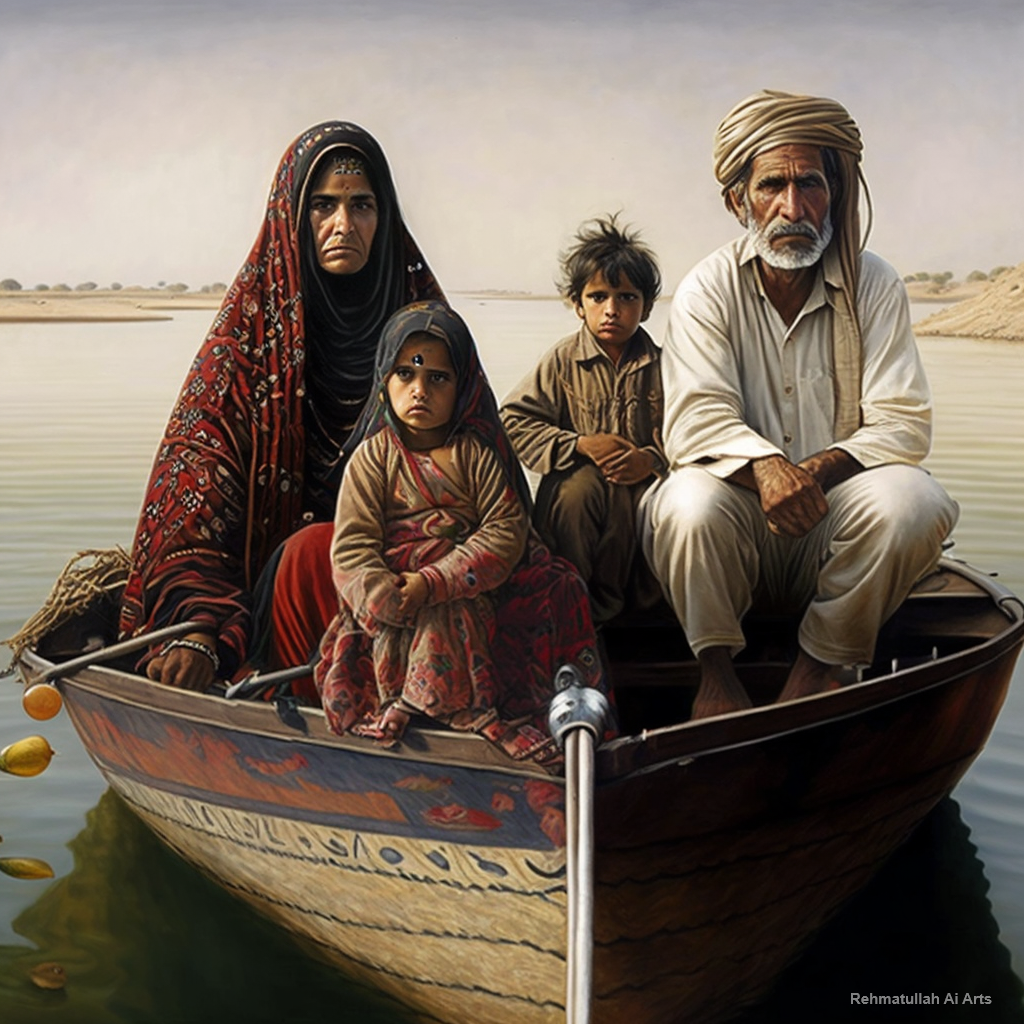

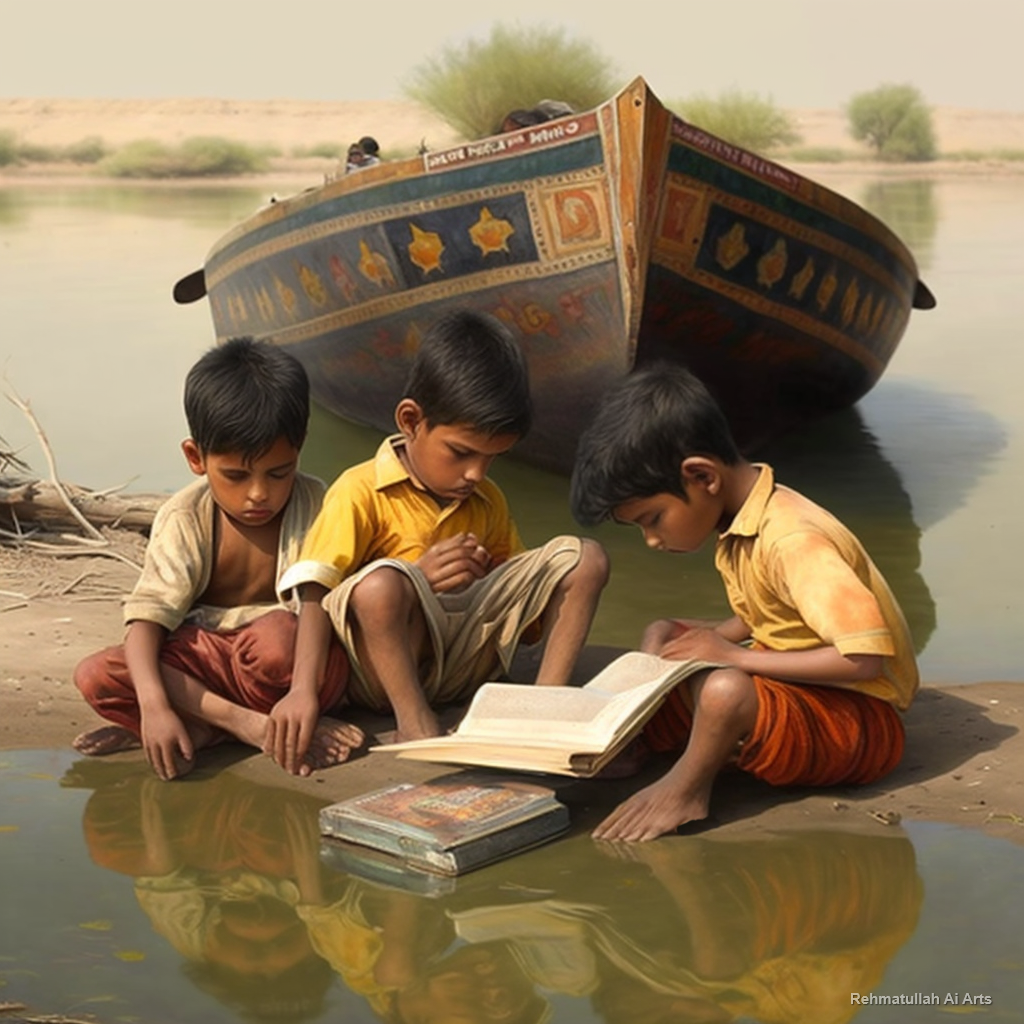
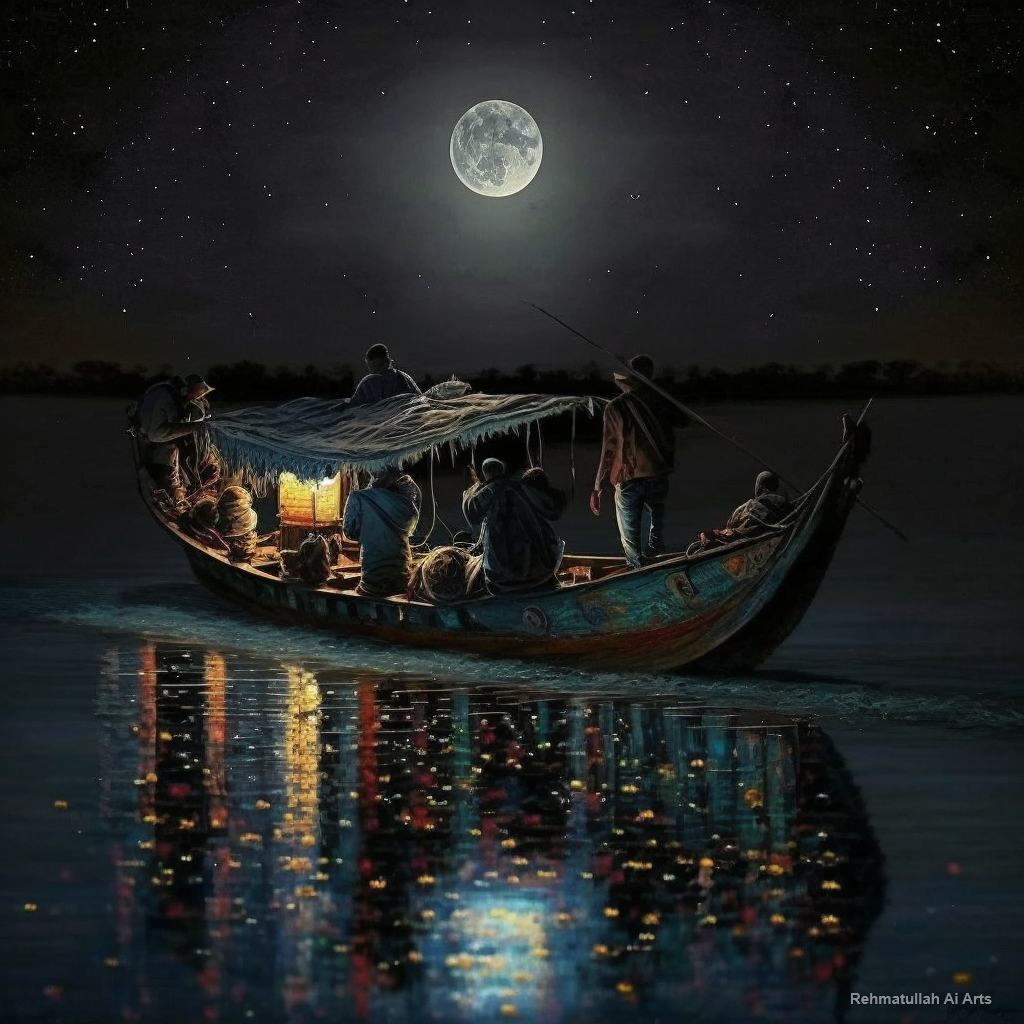
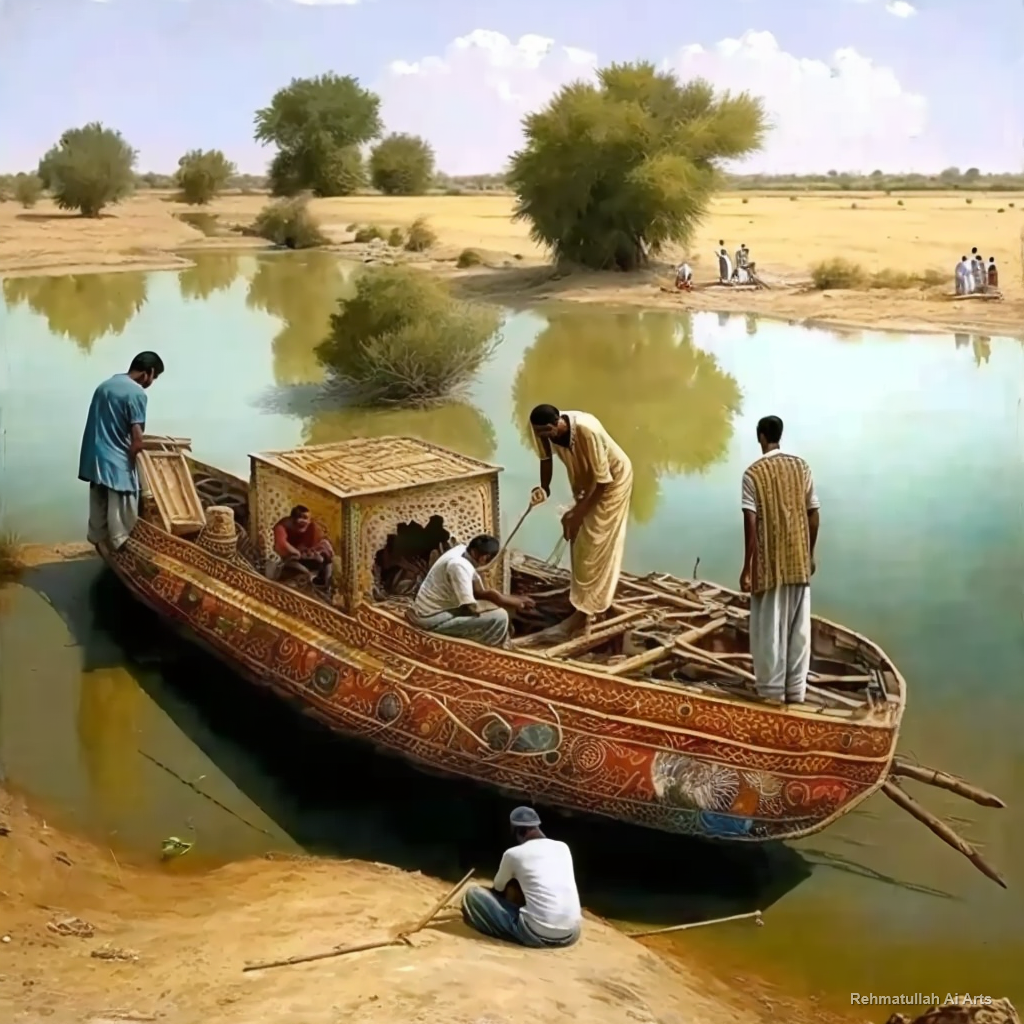
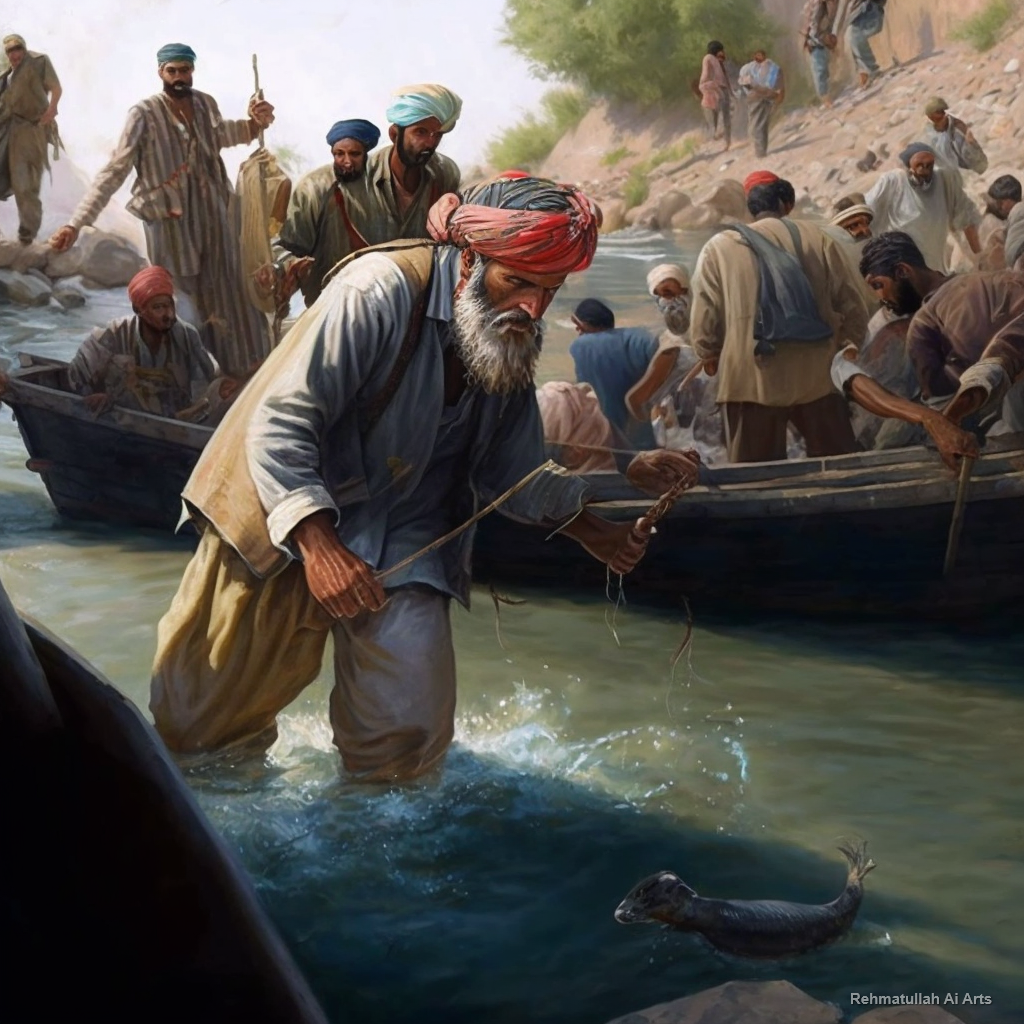
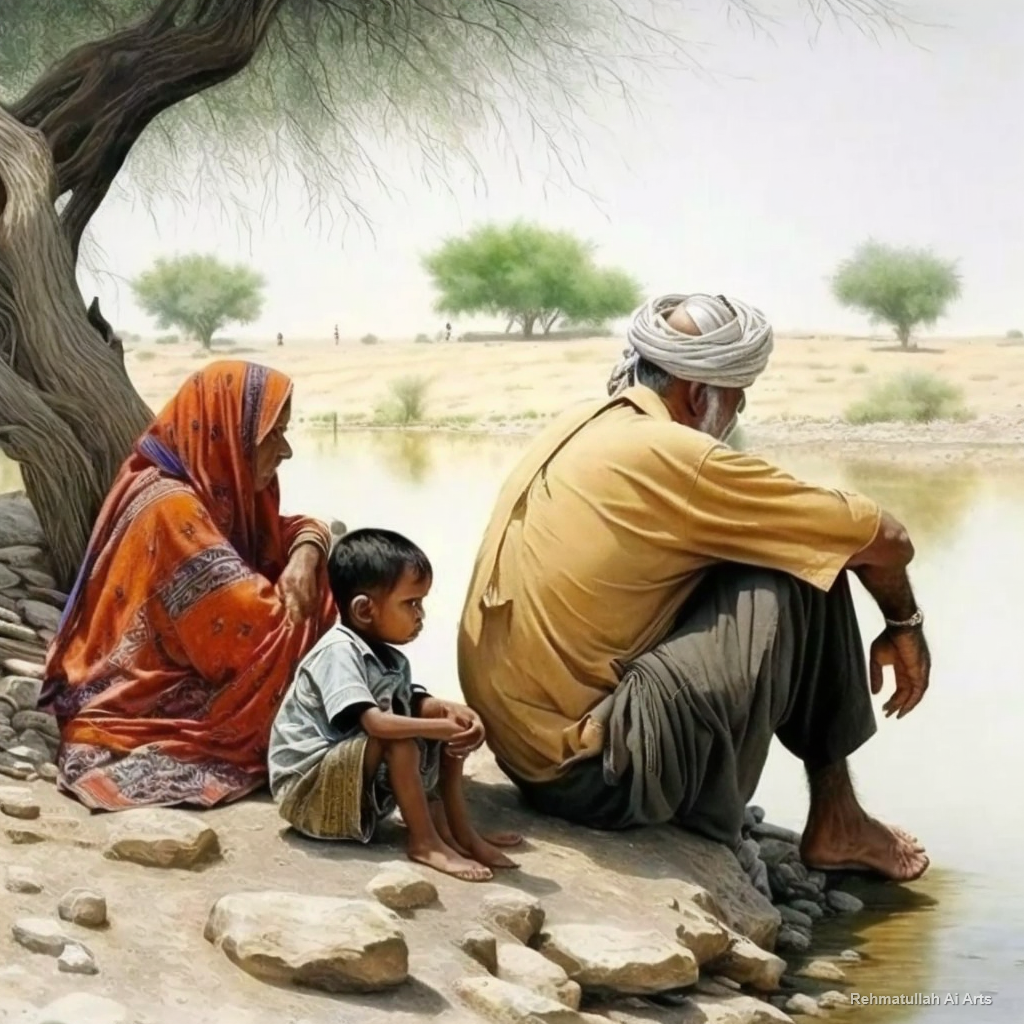
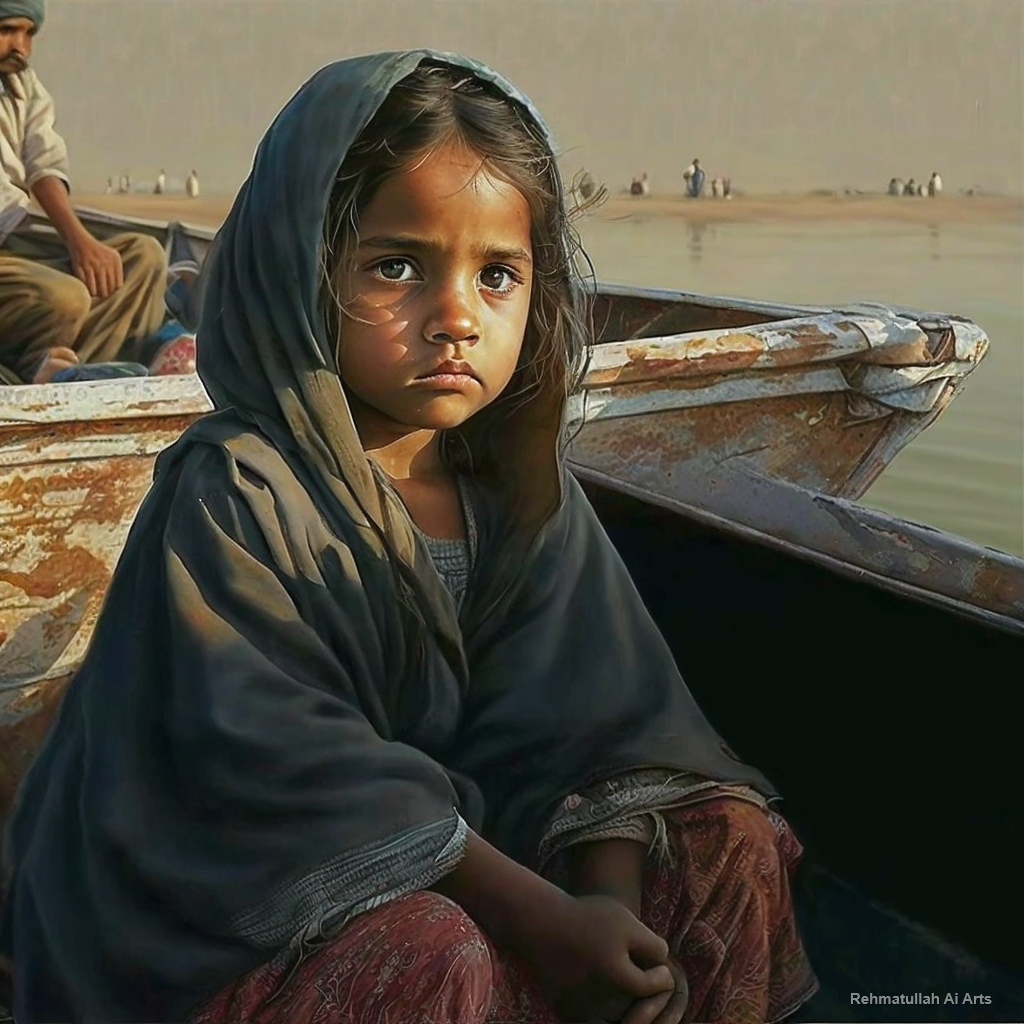
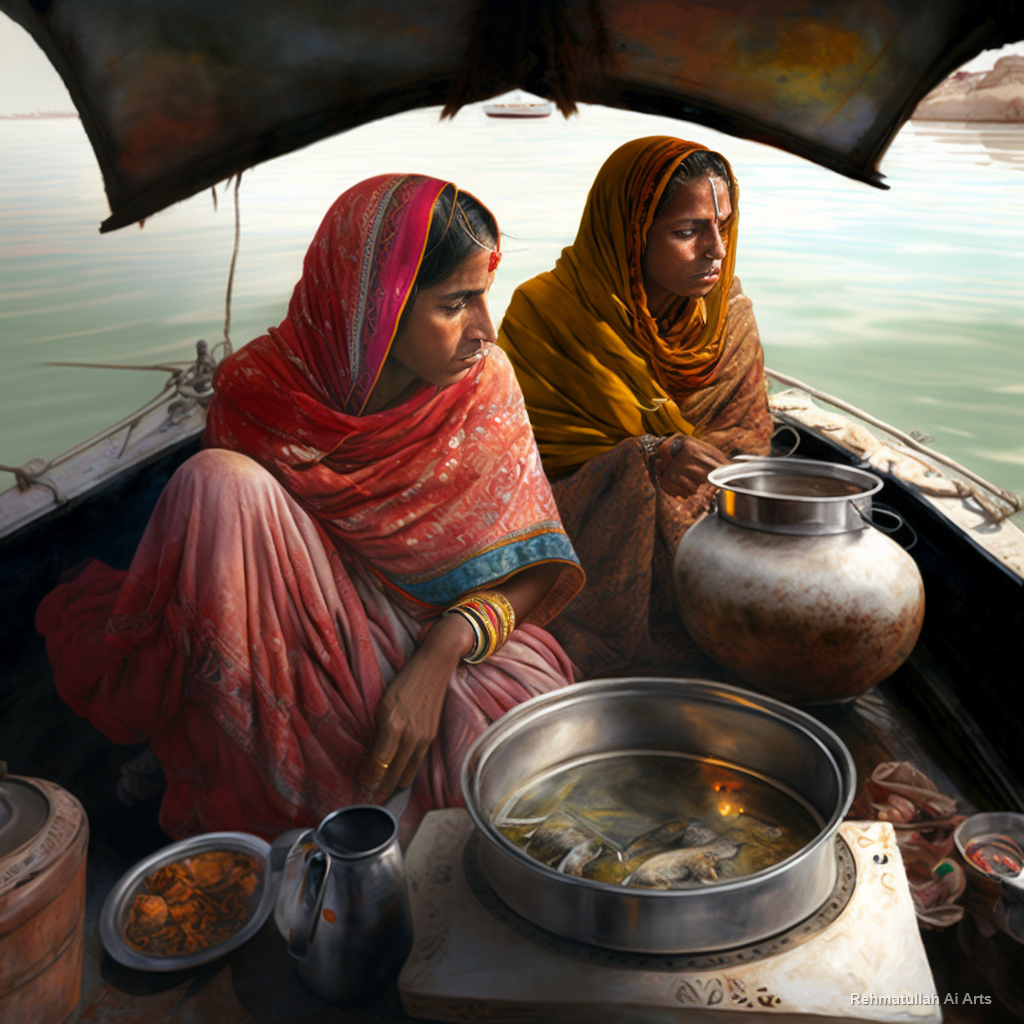
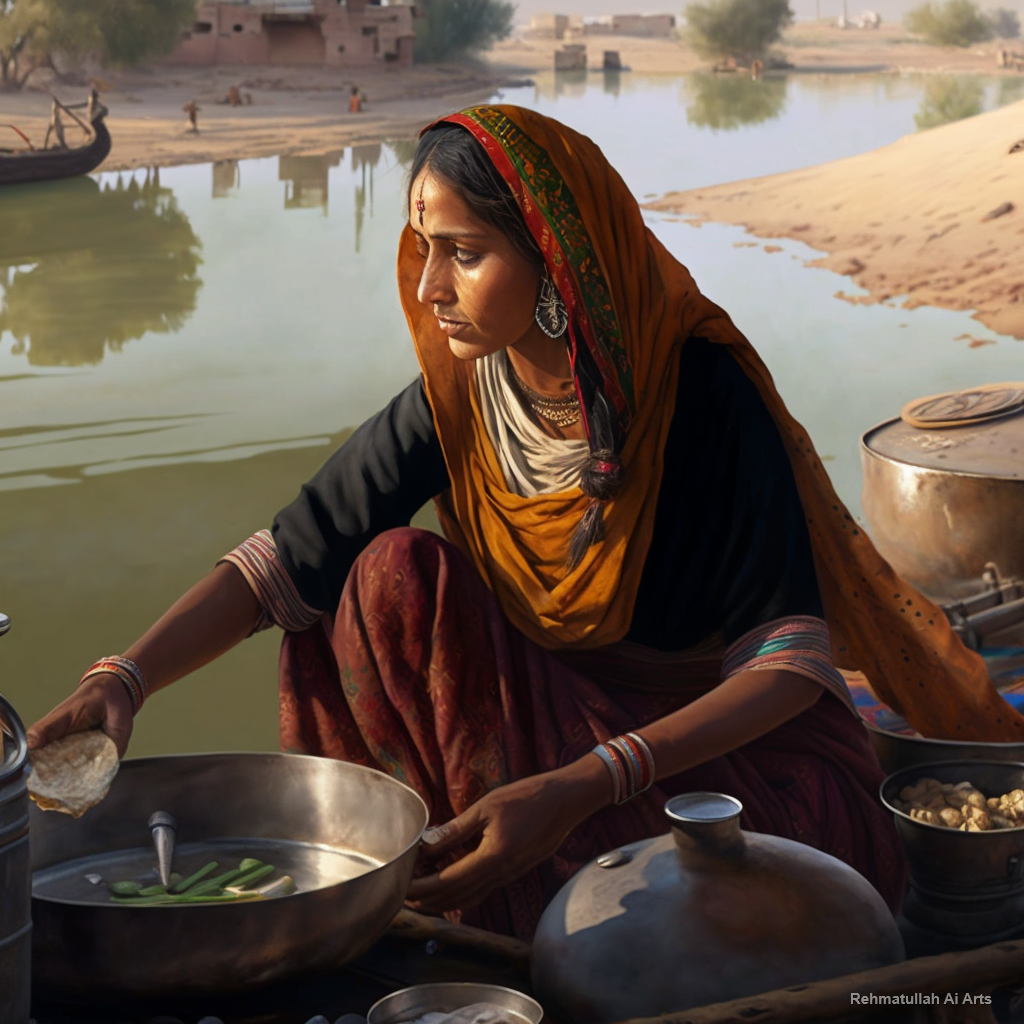
Source: Chat-GPT / Wikipedia / Saba Ghani
Leave a comment
Your email address will not be published. Required fields are marked *


